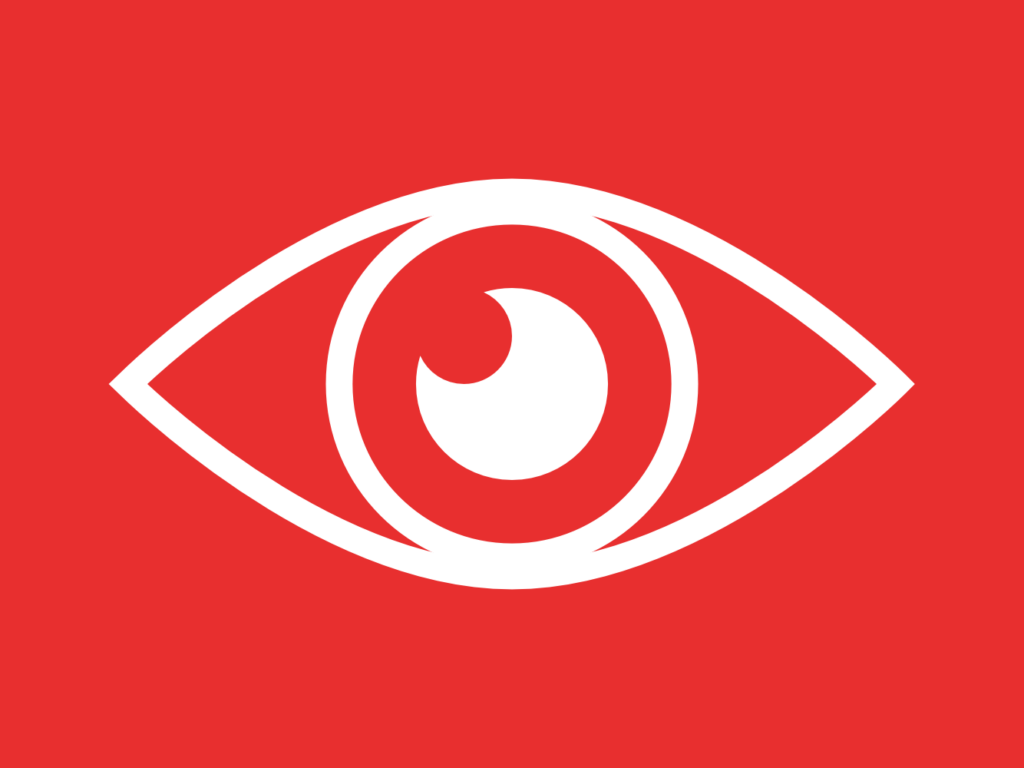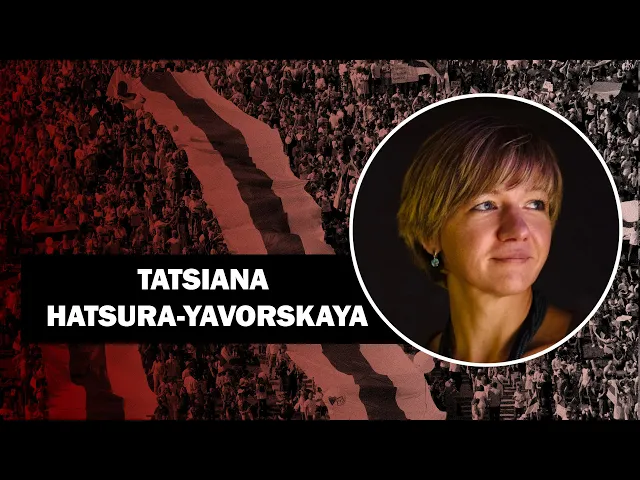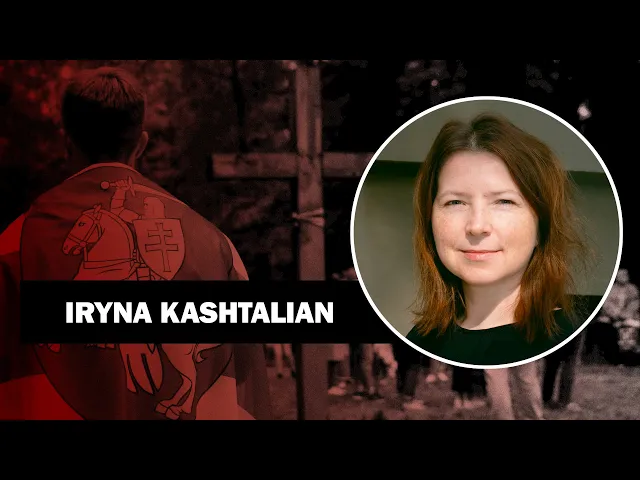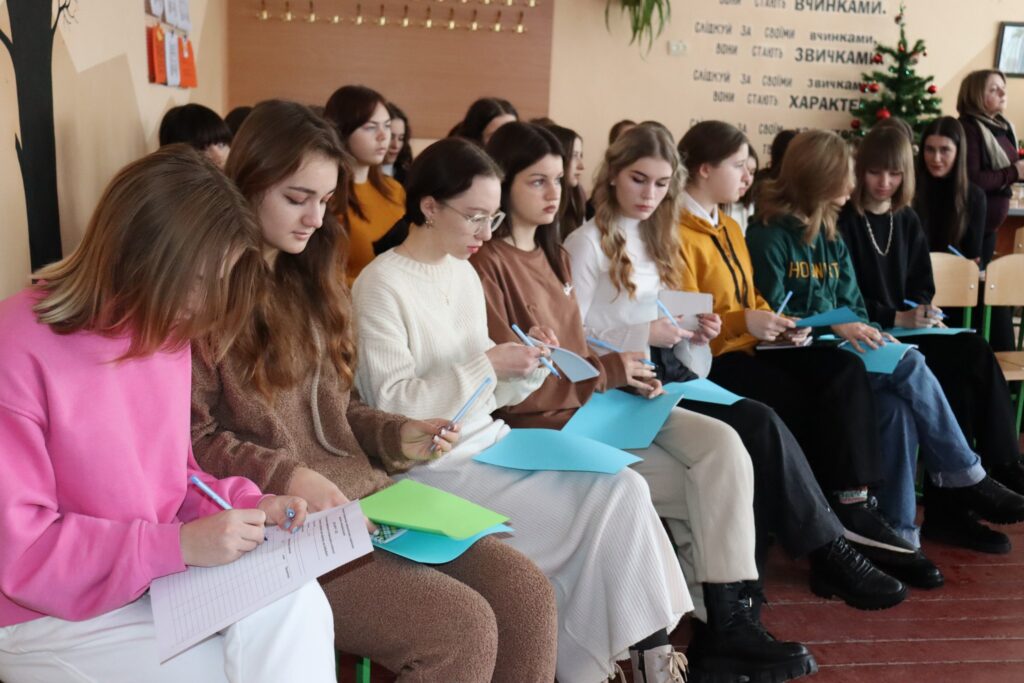Monitoring Belarus December 2023
As of late 2023, Belarus had 1,477 political prisoners, including 168 women. Additionally, since the crackdown started in Belarus in 2020, 1,395 political prisoners have been released, either completing their sentences, having their pre-trial restrictions changed, or being pardoned.
According to the Viasna Human Rights Center, since 2020, at least 895 women have faced politically motivated criminal charges. Seven of them, including Sviatlana Tsikhanouskaya, Volha Kavalkova, Maryia Maroz, Aliaksandra Herasimenia, Yanina Sazanovich, Volha Vysotskaya, and Valeryia Zaniamonskaya, were sentenced in absentia by the regime’s courts while being outside Belarus, receiving prison terms ranging from 12 to 15 years.
Nine representatives of independent Belarusian media are currently in detention: Katsiaryna Bakhvalava (Andreyeva), Kseniya Lutskina, Maryna Zolatava, Liudmila Chekina, Valeryia Kastsiuhova, Iryna Leushyna, Iryna Slaunikava, Ina Mozhchanka, and Larysa Shchyrakova. The list of female political prisoners also includes two lawyers, Anastasiya Lazaranka and Yuliya Yurhilevich, and two human rights defenders, Marfa Rabkova and Nasta Loika.
Since widespread political repression started in Belarus, charges have been brought against:
- 27 women under four or more articles of the Criminal Code;
- 33 women under three articles of the Criminal Code;
- 92 women under two articles of the Criminal Code;
- 750 women under one article of the Criminal Code.
In December, Belarusian human rights defenders recognized the following women as political prisoners: Ina Bahdanava, Volha Zhalabkova, Sniazhana Tsadova, Anastasiya Pilko, Larysa Kuchynskaya, Natallia Markushenka, Katsiaryna Dzhyh, Tatsiana Trafimchyk, Tatsiana Piatrukovich, Hanna Charkas, Tamara Astreika, Larysa Katovich, Kseniya Ryzhyk, Katsiaryna Tsevan, and Yuliya Stankevich.
At least 1,481 civil society associations, organizations, or foundations have been liquidated in Belarus since 2020. According to the human rights organization Lawtrend, at least 949 organizations were in the process of forced liquidation as of late November, while 532 applied for liquidation themselves.
Since late November, there have been more than 200 searches in the homes of members of the Coordination Council, founded by the democratic forces of Belarus in 2020. Some of the people faced criminal cases, while 145 saw property seizures.
Mass searches took place in the apartments of independent observers of the 2020 presidential elections. The security forces inspected their phones and warned them that they may face prosecution for “assisting extremist activities”.
Language schools offering Polish language courses faced searches and forced closures. The Belarusian regime has been persecuting people aiming to obtain Polish documents or move to Poland.
Belarusian artist Hanna Kruk was arrested for 13 days after an artistic performance in one of the cafes in Minsk.
SEO manager Anastasiya Pakatashkina stood trial on December 7. The court’s verdict is unknown. Ms. Pakatashkina was detained on April 10 on charges of “financing the activities of an extremist formation.”
In the town of Hlybokaye in Vitsebsk voblasts, Russian citizen Elena Krivko was arrested for 8 days after the police saw her likes on some publications on the Odnoklassniki social network.
Political prisoner Anastasiya Malashuk and her husband were arrested for 5 days each. Both of them had already been serving their sentences of restricted freedom under home confinement.
A doctor from Vitebsk was fined for “extremism.” Natallia Karablina was fined about 300 euros for a post she made several years ago on the VKontakte social network featuring a publication of TUT.by. This independent Belarusian media outlet was shut down in 2021. At the time of Ms. Karablina’s post, the media outlet was not recognized by the regime as “extremist.”
Alena Shuk, who works in a hospital in the town of Miory, Vitsebsk voblasts, was fined 215 euros for “sharing extremist materials.” Ms. Shuk had reposted information on Instagram from Zerkalo (formerly TUT.by), an independent media outlet.
Nina Alenina, a mother of two, was arrested upon returning from Lithuania after the border authorities discovered that she was following a media outlet recognized as “extremist.” The arrest violated the law as women who have minor children cannot be arrested in Belarus.
Yuliya Abadouskaya was sentenced to two and a half years of restricted freedom under home confinement for her participation in a peaceful rally against rigged elections and police brutality in Minsk on September 6, 2020.
Volha Yemialyanava and her husband were sentenced to three years of restricted freedom under home confinement each for their participation in three peaceful protest rallies in Belarus in 2020.
Inna Yurhel, a citizen of Ukraine who has several children, was fined an equivalent of 215 euros for “sharing extremist materials” on social media.
In 2023, the regime in Belarus continued to detain people at the border upon returning to Belarus. At least 125 cases of such detentions were reported. In most cases, this happened after the authorities inspected people’s phones. Most of the detainees were charged with minor offenses like “sharing extremist materials.” Criminal cases were initiated too. Tatsiana Sobal went to Belarus after the regime’s commission granted her permission and confirmed she would not face persecution. Still, she was detained and faced charges.
The regime sentenced Aliaksandra Kasko to 10 years in prison for “participation in an extremist formation” and “promotion of extremist activities.” Ms. Kasko was detained in February 2023 after returning from Poland to Belarus.
Several employees of OAO Elema, a clothing manufacturer, were detained after the administration found fabrics and threads lined in white-red-white order at their workplaces. Lukashenka’s authorities consider this color combination as a symbol of resistance to the regime.
Tatsiana Khatskova, the head of a local division of the regime-controlled trade union, was arrested for 15 days for “extremism” after she shared a link on her Facebook to an Internet community recognized as “extremist.”
Iryna Sankouskaya was sentenced to a year and a half in prison for “mocking state symbols,” “insulting Lukashenka” and “insulting a representative of the authorities.” As proof, the prosecution used her comments on social media, as well as the publication of a picture of the state flag of Belarus placed next to the Nazi swastika.
Eleanora Zinkevich, director of the Museum of Traditional Culture in Braslau, Vitsebsk voblasts, was arrested for 15 days after the museum was searched by the police.
Nina Zhurava was fined an equivalent of 215 euros for following media outlets recognized by the regime as “extremist,” which the regime considers as “sharing extremist materials” and punishes.






